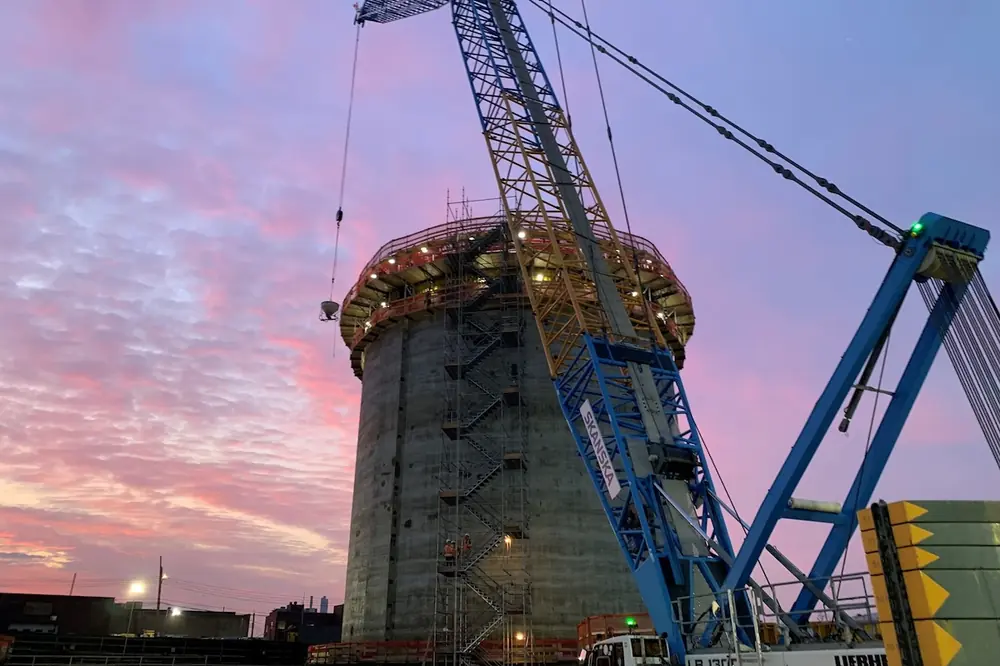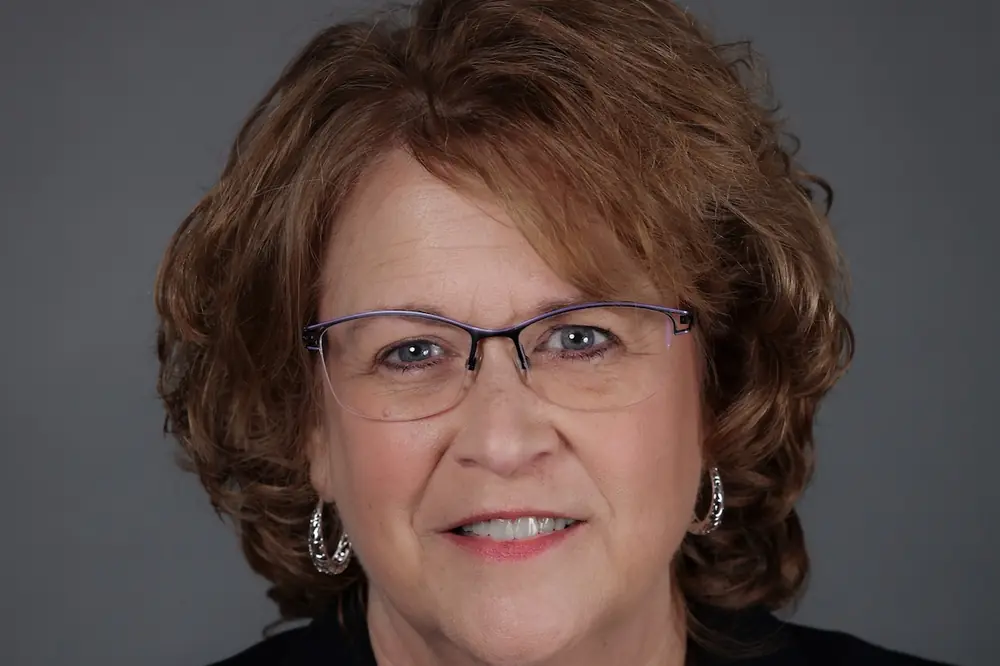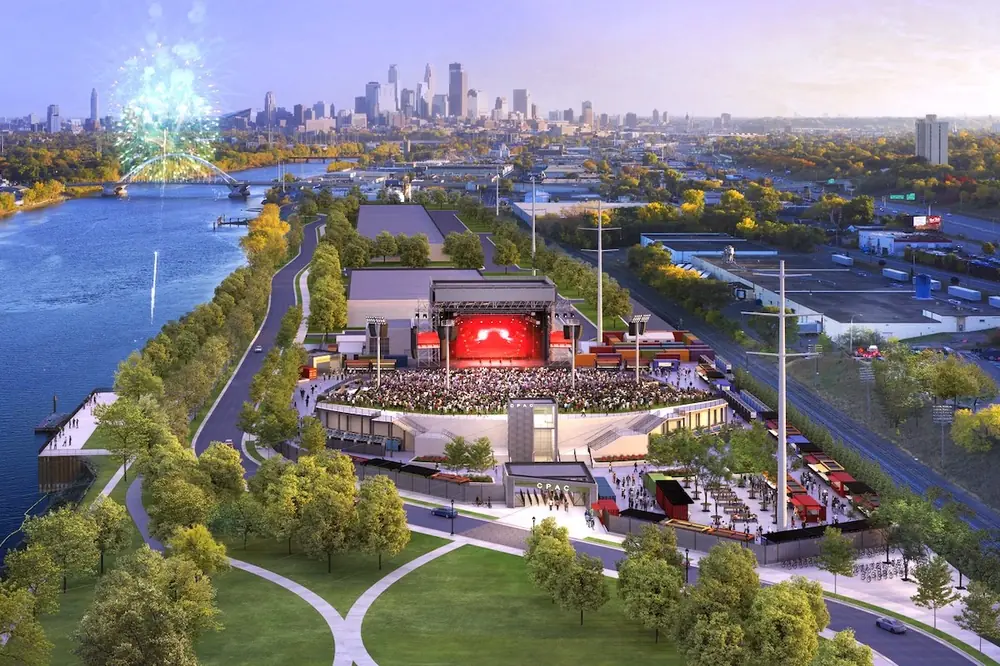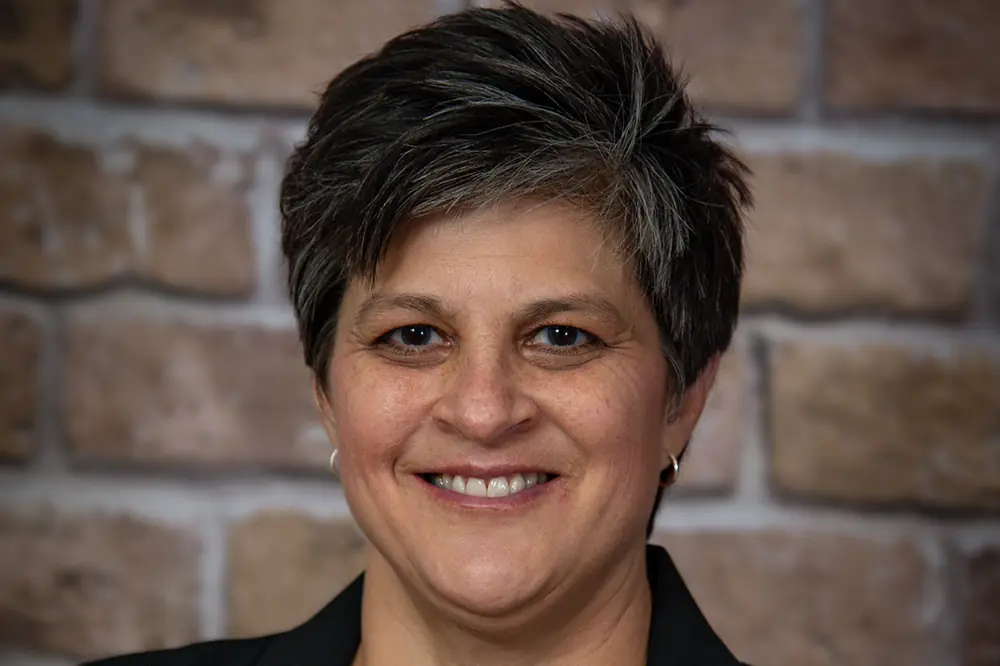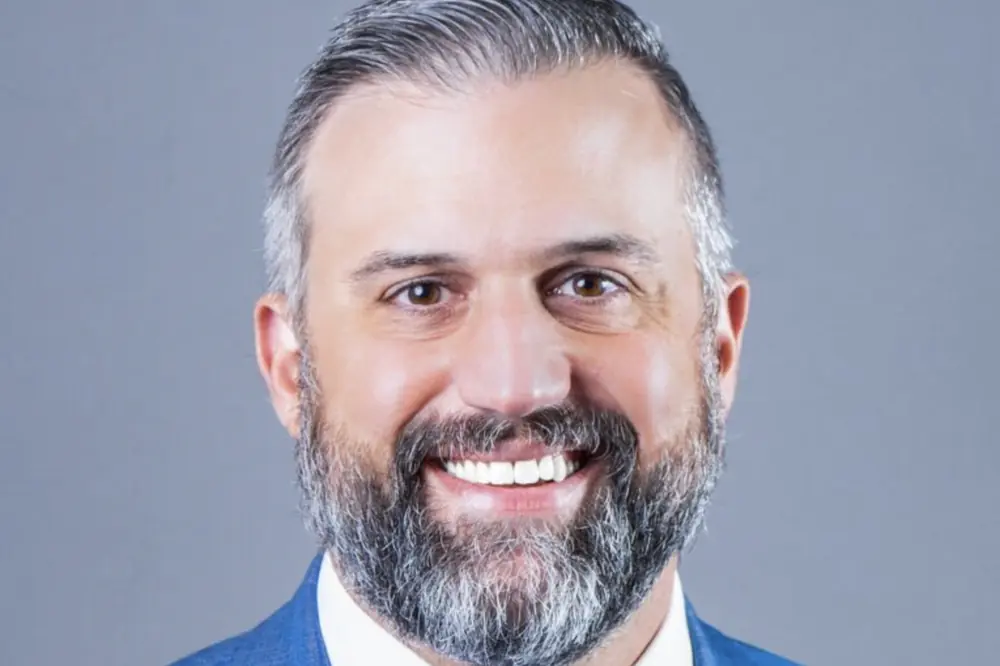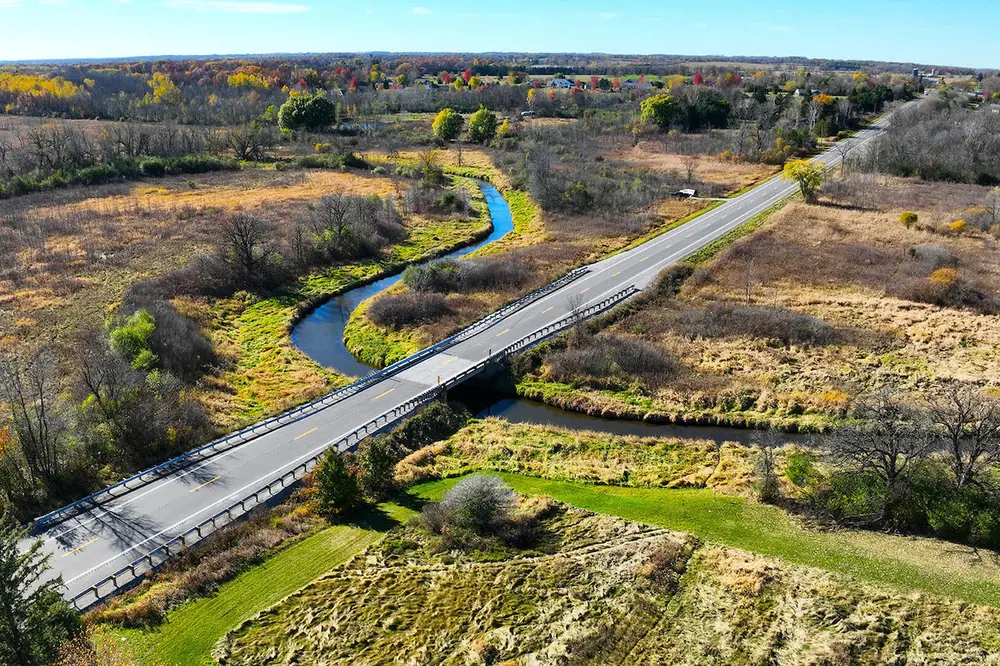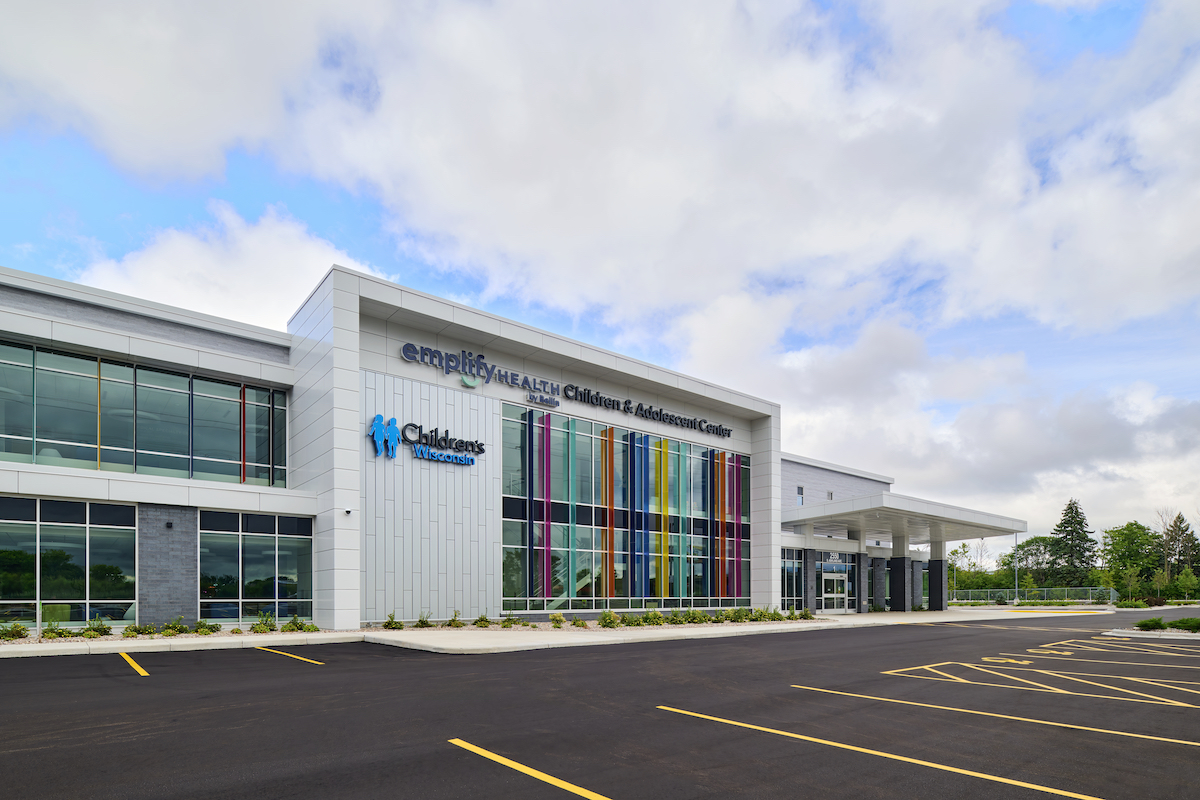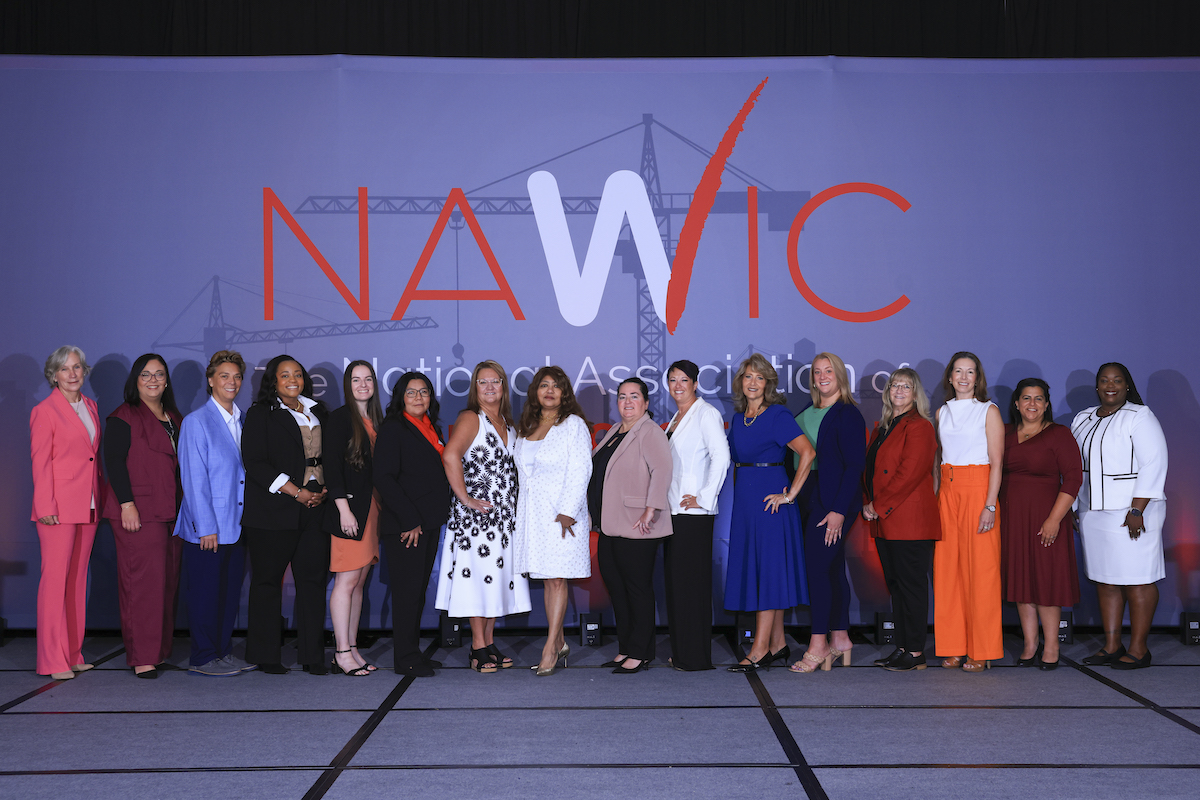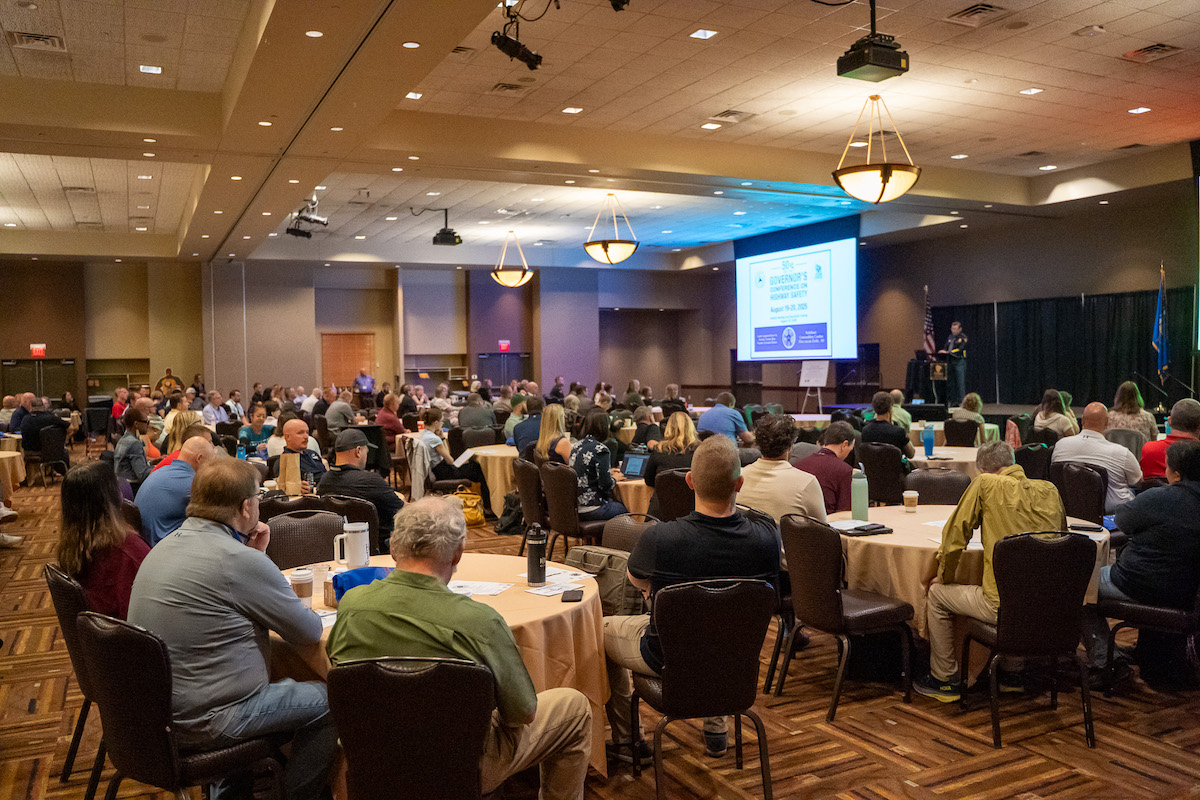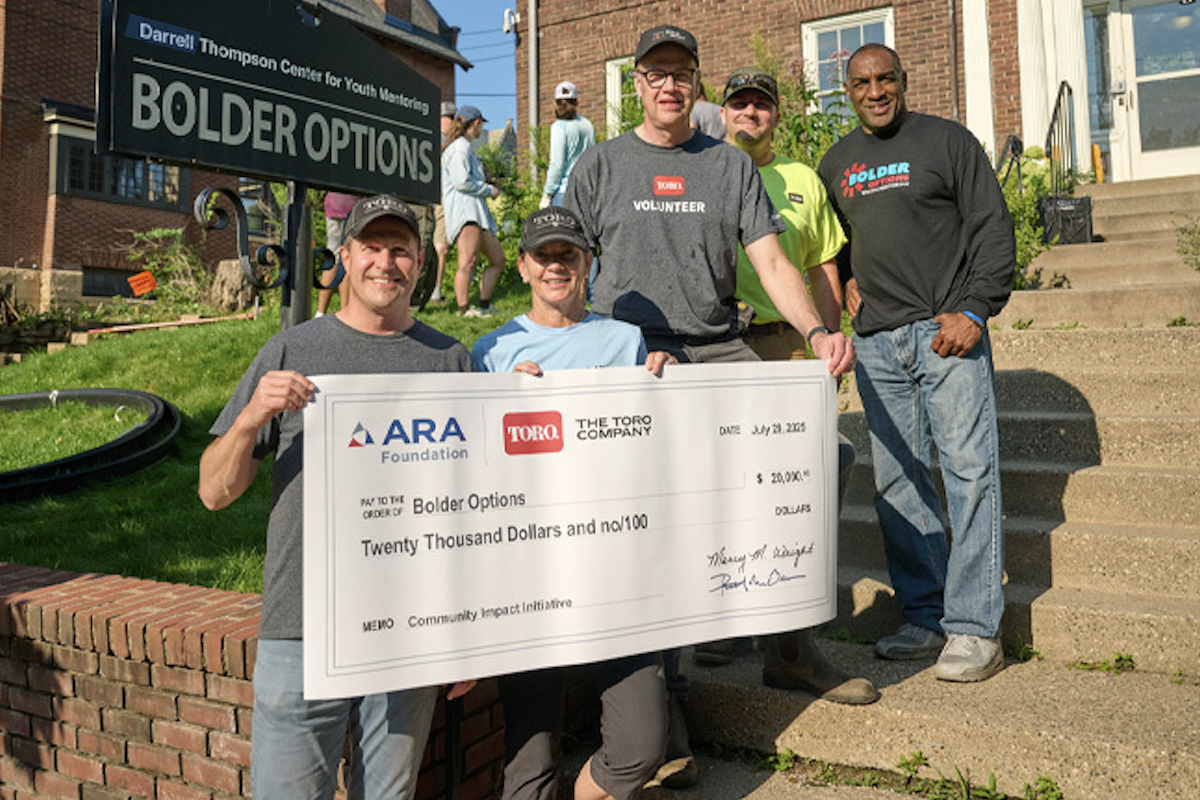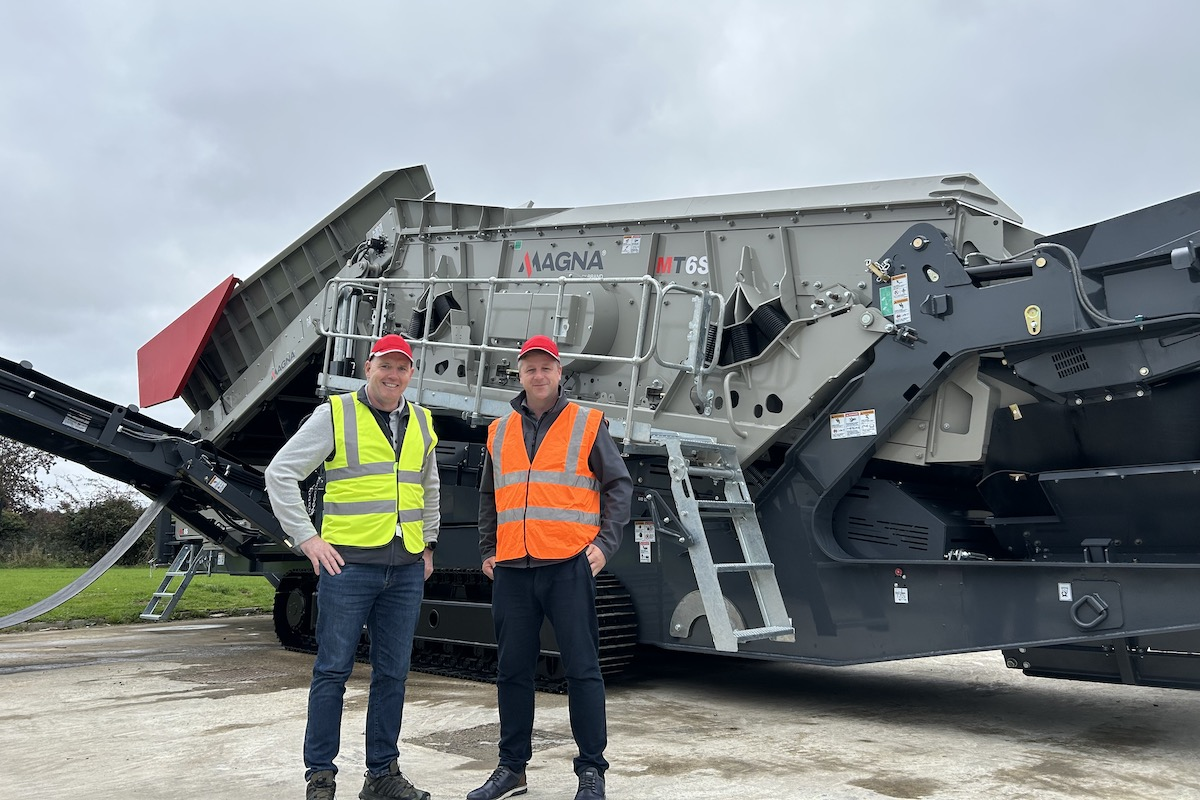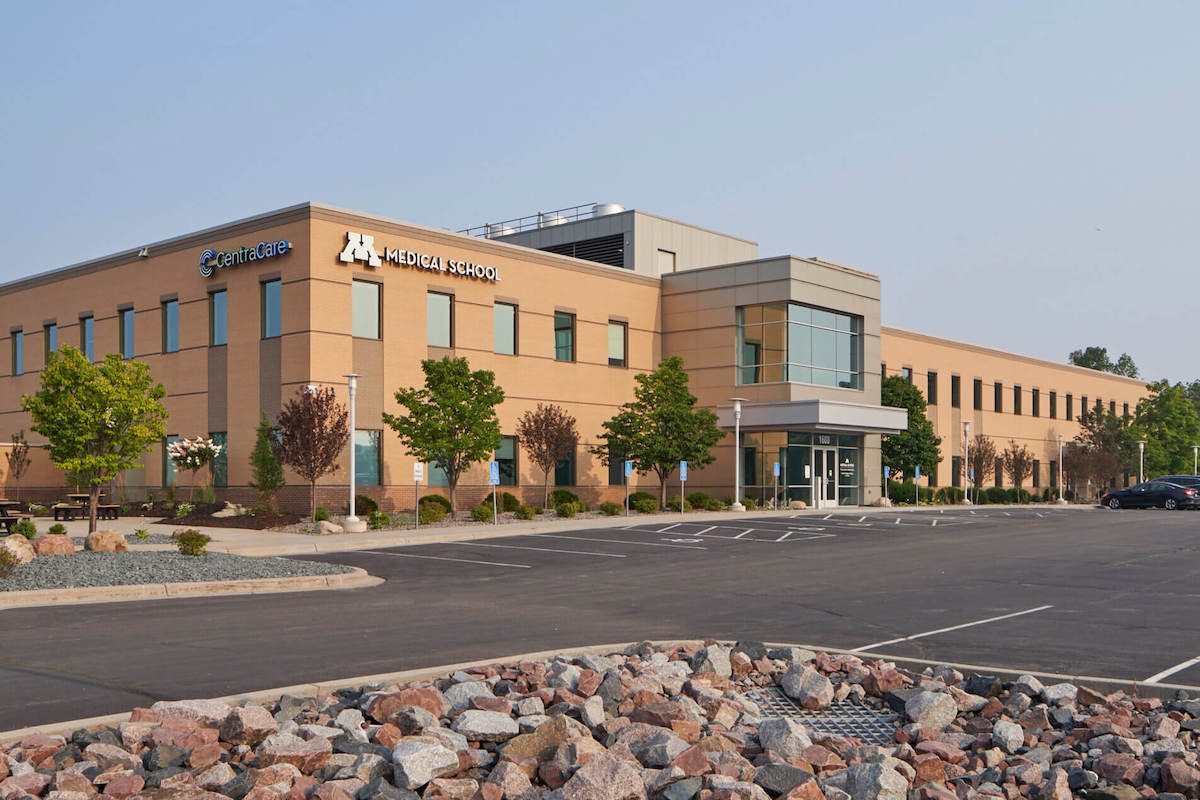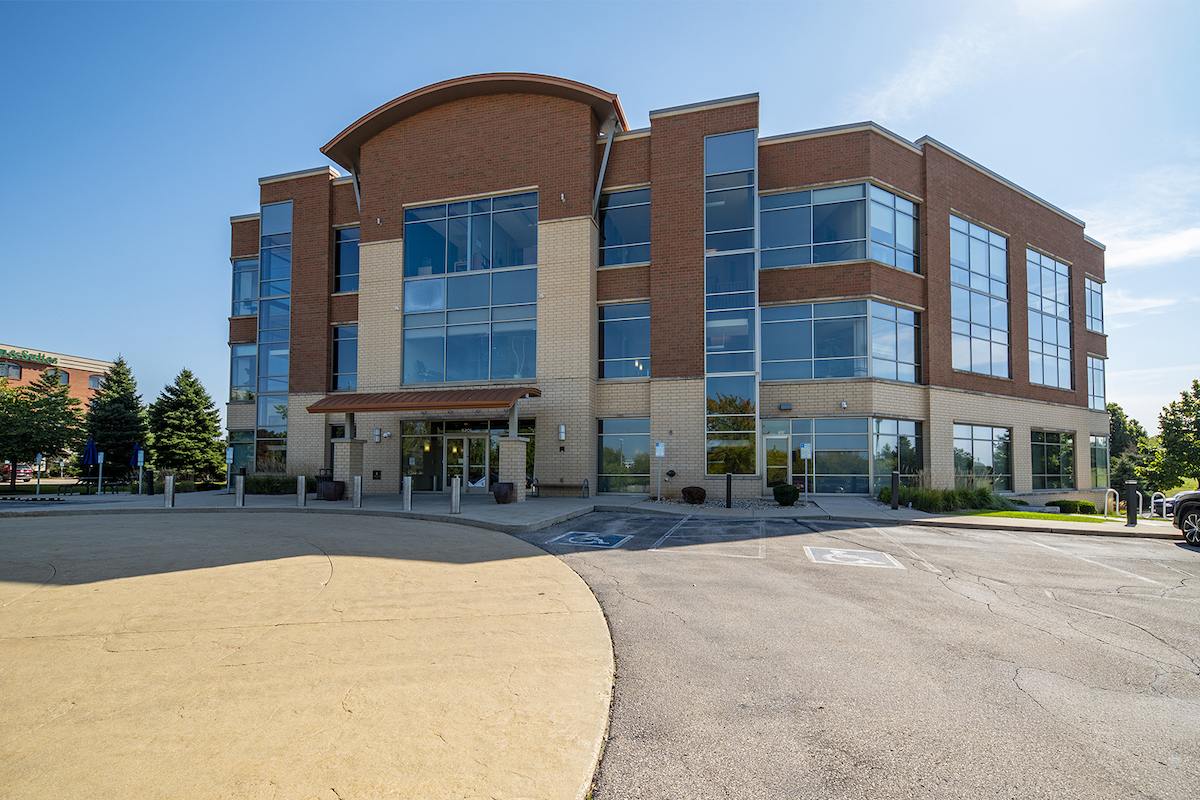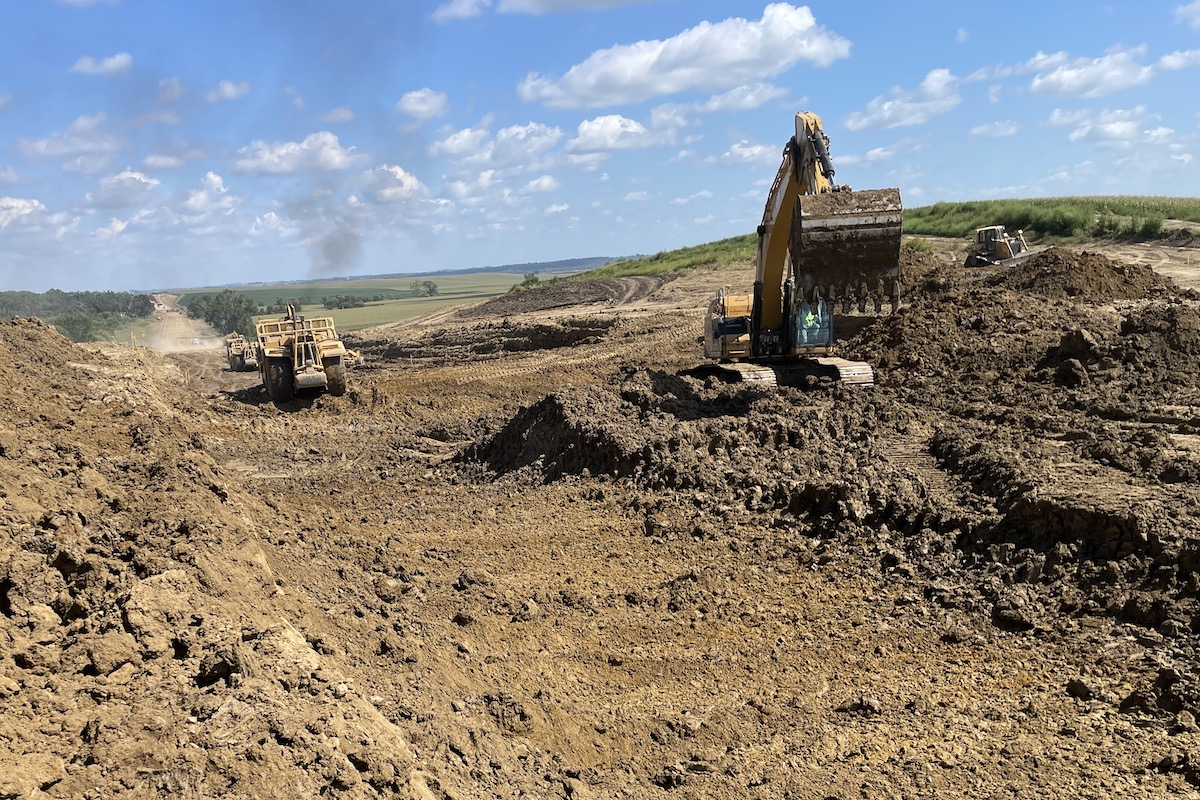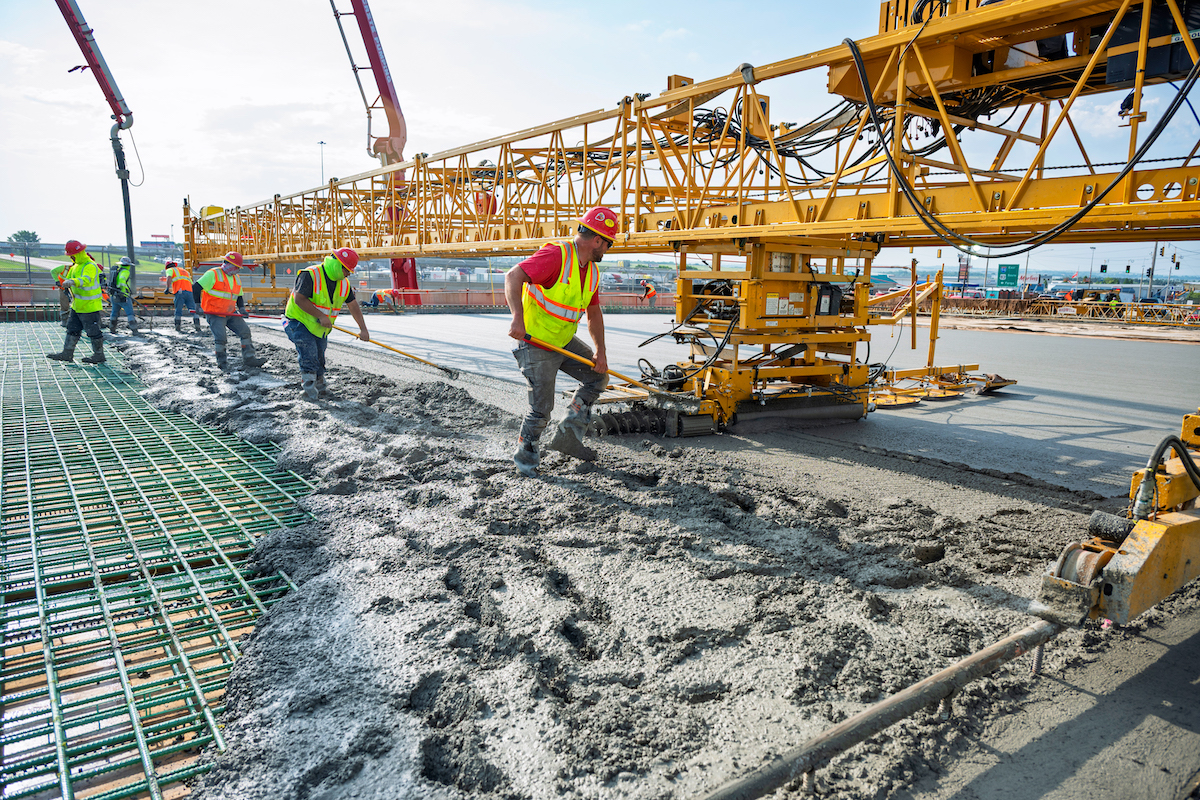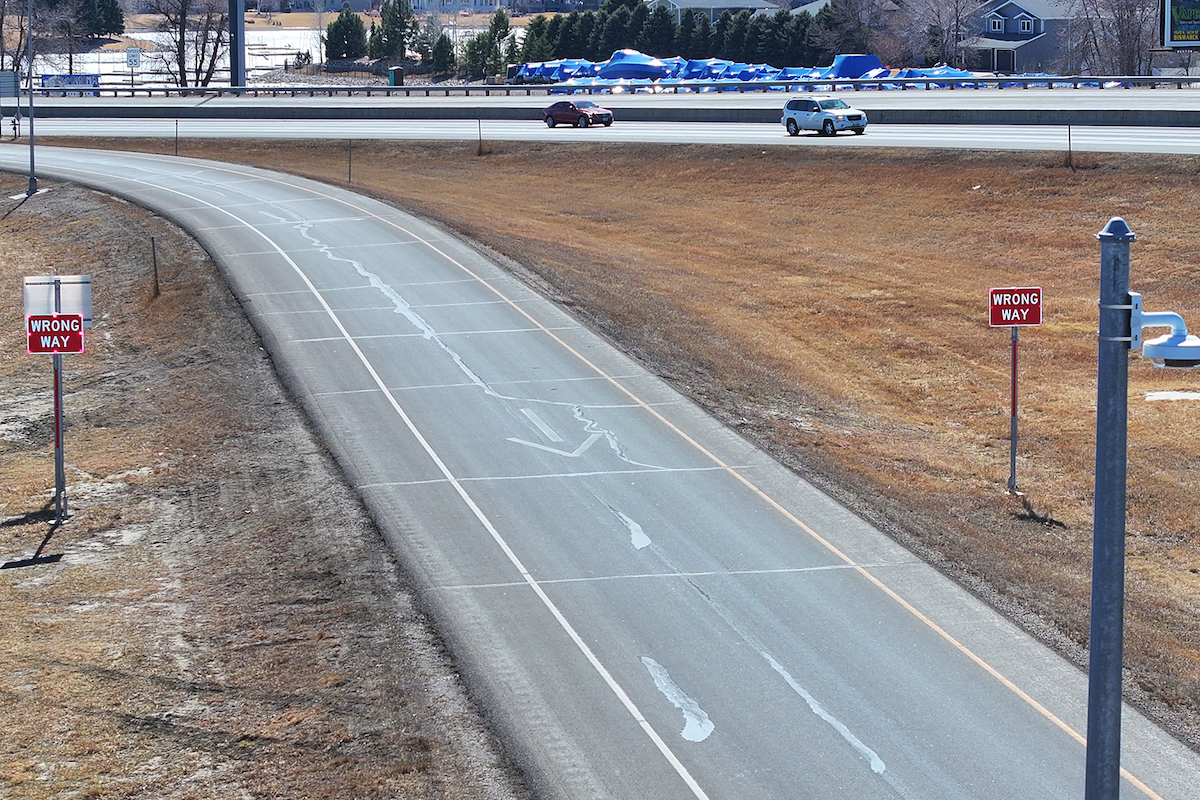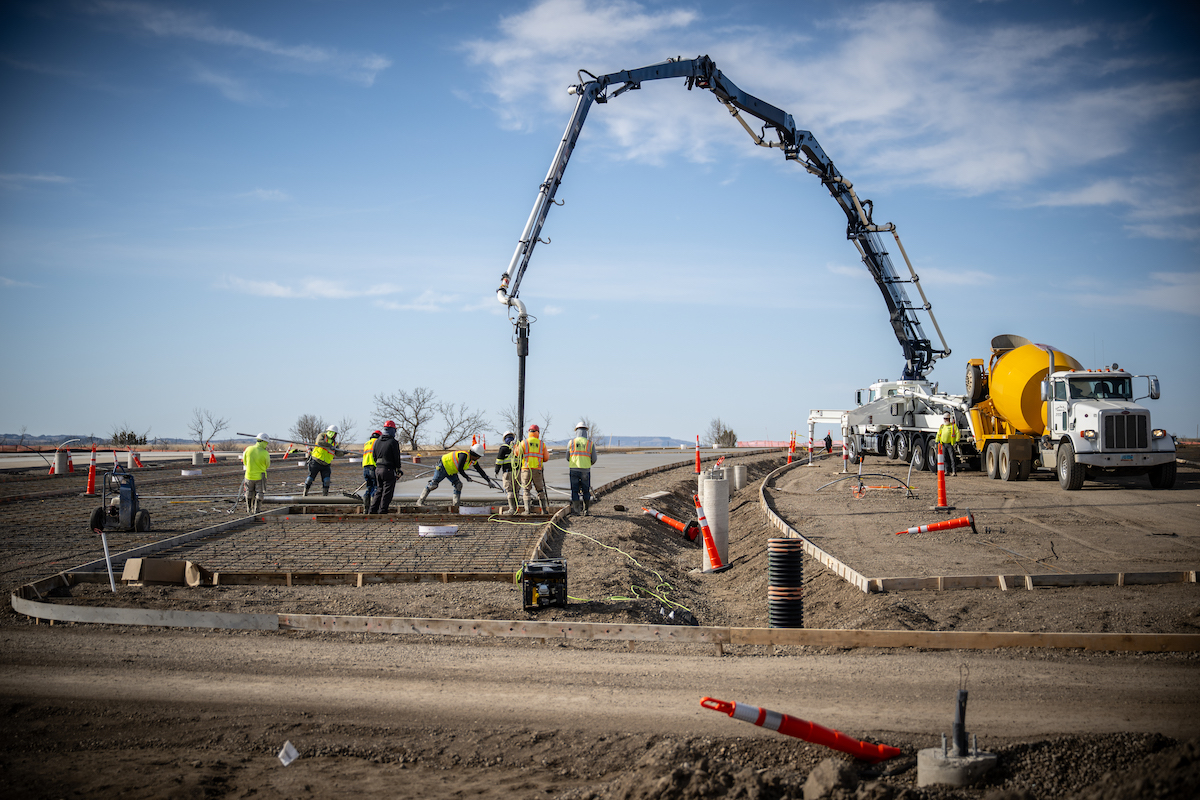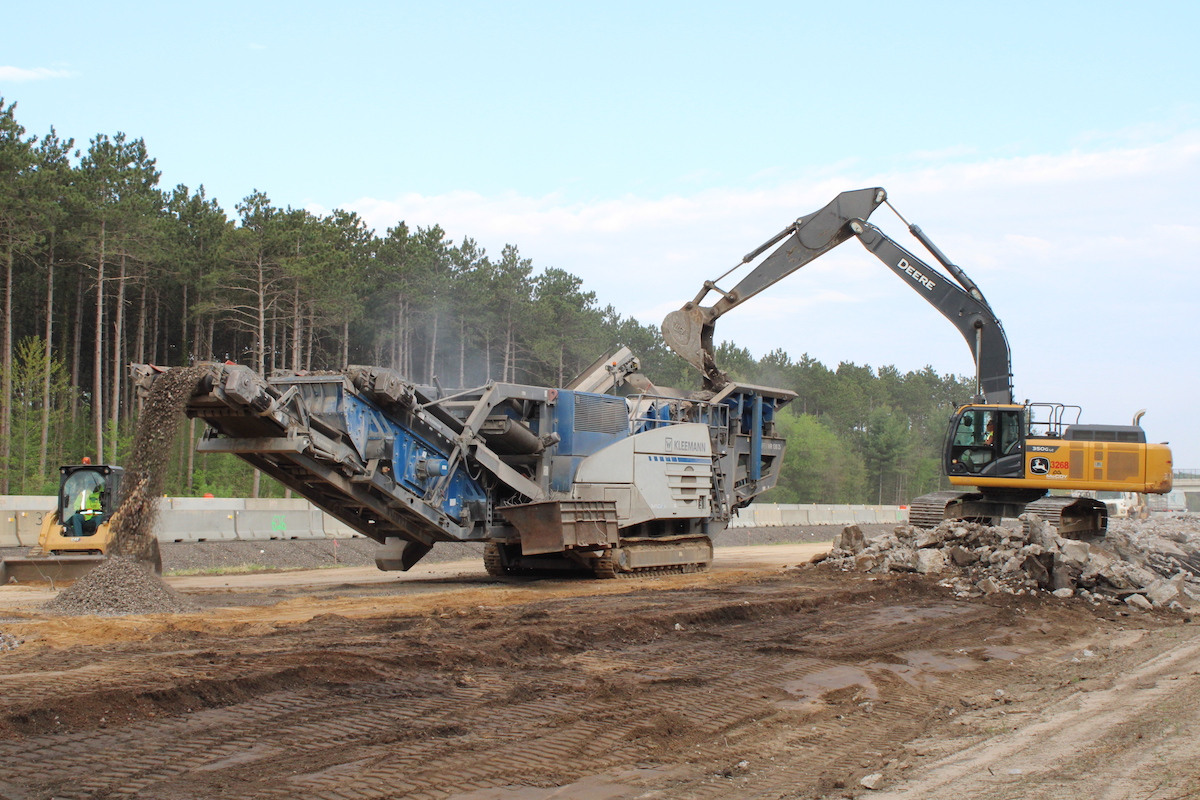“No matter where you go in Wisconsin, folks can all agree that we need to fix our crumbling roads. These newly funded projects are going to impact folks all across our state, improving safety, connectivity, and economic growth in each community,” Evers said. “I am proud of the work we did through the budget to get this done as communities from the town of Port Wing to the village of Cassville, to Kenosha County will see these benefits.”
The governor was joined by Wisconsin Department of Transportation (WisDOT) Secretary-Designee Craig Thompson for this announcement in Brown County near County Highway M. Through the MLS program, County Highway M will be receiving $1 million toward widening and improving the road, and adding sidewalks, bike lanes, and a controlled pedestrian crossing.
“This project will make a real difference in a lot of people's lives every single day,” Thompson said. “Kids will be able to walk and bike safely to school, it will reduce rush hour congestion, and it will provide businesses along this corridor a welcome economic boost.”
The MLS program was designed to allow communities to prioritize their transportation needs and submit projects ranging from roads and bridges to harbors and railroads, to transit equipment and pedestrian and bicycle accommodations.

| Your local Trimble Construction Division dealer |
|---|
| SITECH Dakotas c/o Butler Machinery |
| Fabick CAT/WI |
| SITECH Dakotas c/o Butler Machinery |
| SITECH Northwest |
| SITECH Mid-America |
Over 1,600 applications were received, largely for road projects. Local government officials attributed the large number of applications both to the need and to the streamlined application design of the MLS program.
In January and February, three separate committees comprised of local representatives from counties, cities, villages, and towns met to review the applications. While the program allowed up to 90 percent state funding to any project, the committee chose to increase the local match in order to spread the funds as widely as possible. As a result, 152 projects were funded in nearly all of Wisconsin's 72 counties. Work is expected to start shortly on these selected projects.
The governor's biennial budget invested more than $465 million in new funding for highways, local roads, and transit aids, including $320 million to go directly to state highway rehabilitation. Additionally, the governor's budget provided a 10 percent increase in generation transportation aids, paratransit aid, and tribal elderly transportation aid, while also providing an inflationary bump to mass transit aids for the first time in years. This was all accomplished while keeping bonding at the lowest level in 20 years.




